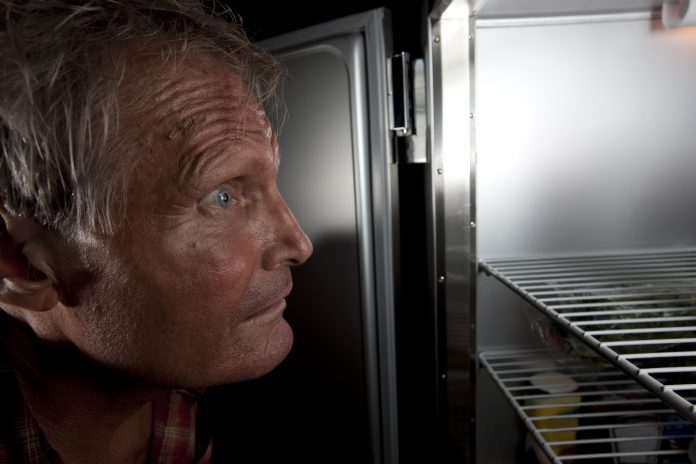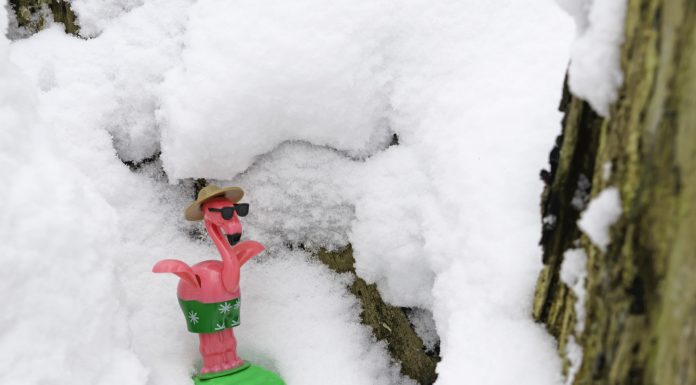One of the most common scenarios regarding senior health is the elderly person who neglects themselves. Self-neglect is a growing problem. Self-neglect is an adult’s inability to care for themselves, due to either mental or physical impairment or diminished capacity. It has nothing to do with choosing to live a certain way. More than 90% of caregivers have said that self-neglect is an ongoing problem in their communities.
What are some signs of self-neglect in seniors?
Poor hygiene
This is one of the most common and obvious signs that an elderly person is not caring for themselves. They will appear unwashed with dirty hair and nails.
Lack of food in the home
When a caregiver arrives, they will find that the person doesn’t have food in their refrigerator or barely enough to eat for one day. The senior will appear to be dehydrated, will have lost weight and are not taking care of any health issues they may have.
Lacking necessities
Besides food, if someone is self-neglecting, there may be no heat in their home or water. There could also be a lack of space, sometimes due to hoarding.
Home is in disrepair
The living space of a senior who self-neglects will show signs of faulty wiring and other unsafe conditions.
A home that hasn’t been cleaned, bills that aren’t paid or medication that isn’t taken can be thought of as self-neglect. Some seniors who neglect themselves are aware of what they are doing. Many of them have no desire to change or look after themselves. Others may be suffering from dementia, depression or have suffered a loss or trauma. If they have no underlying emotional or physical issues, they have the right to live as they please and refuse treatment. Seniors who don’t have the mental capacity to make decisions for themselves can be forced into treatment.
If you know of a loved one or elderly person who shows signs of self-neglect, try to get help for them. To read more on self neglect in the elderly, click here.
Download our FREE checklist on aging safely at home to see if you or a loved one may be at risk.






















